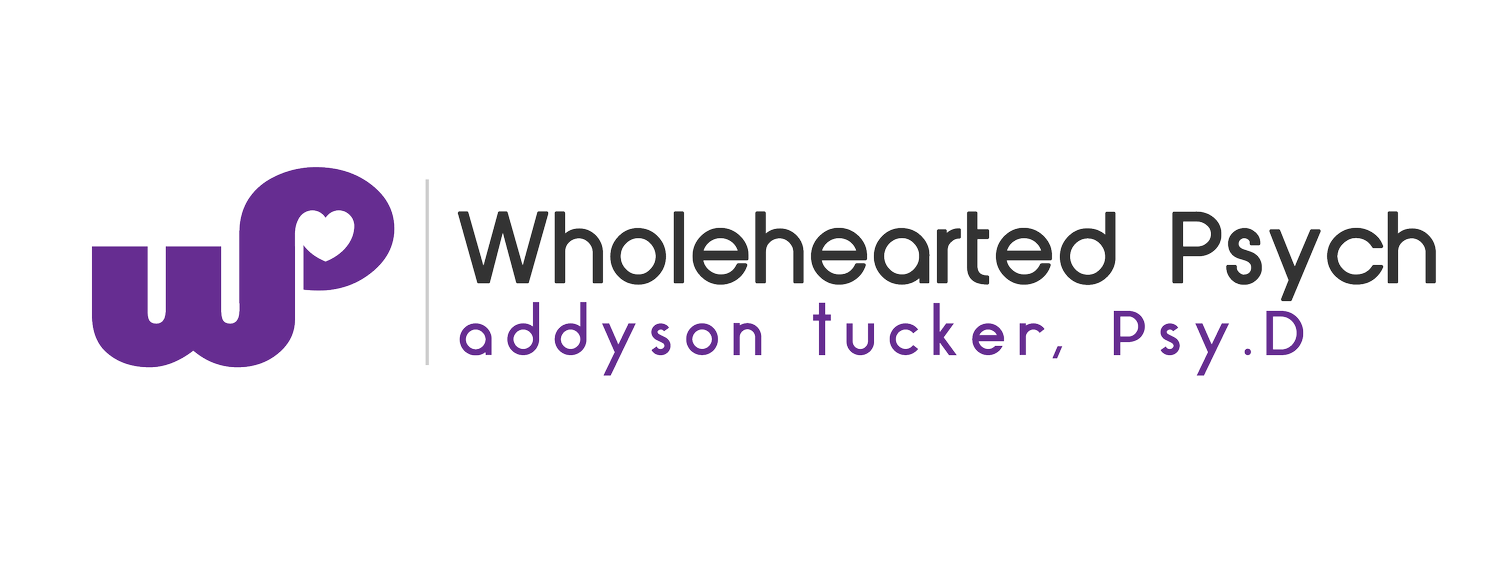Maybe they're born with it. Maybe it's ADHD.
I'll share a bit of a personal reflection today,
a) as someone who practices and teaches a lot of self-compassion, &
b) as someone who struggles A LOT with focus and time distortion.
For some of us with ADHD and/or other variations in neurodivergence, ‘time blindness’ is super tough. For example, sometimes my intention to work on a certain task seems reasonable within the expectations I have for how long it might take. AND...then it's not.
I often overestimate my brain’s capacity for the goal (despite honorable intentions).
I am also a very detail-focused person, which some view as a strength and demonstration of how organized I am. What many don't realize is how much time it takes to make my life more efficient, because of how much time I 'lose' throughout the day. If my loved ones had a nickel for every time they heard me say, "I'm working on [xyz] project that will take a lot of time now to set up but should make things easier later...."
Creating more efficient processes can come at a cost to my mental and physical energy, as well as my relationships
Luckily, I have found many ways to streamline my life, my work, and the nuances of being newly self-employed full-time. So much so, that there seems to be a never-ending list of more ways that I could benefit from that streamlining, and thus one extended project after another.
At some point, I wonder, when will I feel like I can be fully present?
I wholeheartedly know that my attention to detail and hyperfocus on the things I’m passionate about is a large contributor to my confidence in my specialty area. Plus, I wouldn't have nearly as impressive of a resource collection in my brain & google drive!
So...to honor the way my brain works, I practice fierce self-compassion.
It helps me navigate tough moments with awareness, validation, and nurturing, including a) the sense of loss during the moments when I forget to pause, b) when my expectations don’t match my capacity, and/or c) when my hopes of saving time later keep me from being present now.
What is fierce self-compassion and how do I do that, you ask?
Well, that's another post...*hint, hint* to subscribe to my blog and/or newsletter.
Finally, here are some tools & tips that I've found helpful.
a) Examples of ADHD-specific supports:
Book: Order from Chaos
Insta @authenticallyADHD
Newsletter: ADHD Rollercoaster
Community: QueerADHD.com
Webinars/Articles: Additude webinars/articles are sometimes quite interesting
App: Recently discovered Inflow ADHD
b) Tools, Apps & Websites:
Accountabilabuddies: FOCUSMATE. There are no more words for this magic.
Calendars/Planners: Whether physical or computer/phone (in my case, both!), if it’s not written down, it doesn’t happen. Also, some swear by Panda Planners, as well as bullet journaling!
Task & Project apps: So many options! I’ve had good experiences with To-Doist & Pomodone, currently using Tick Tick & Asana.
Tracking/Managing Time: Time Timer is excellent. Pomodone & Tick Tick offer timing features. Plus, a good old-fashioned alarm app (20-25 alarms/day is my sweet spot).
c) Additional approaches:
Observe communication preferences & let others know yours: Prefer connecting through face-to-face/video? Consider Marco Polo or Loom. Prefer audio/dislike typing? Consider using audio recording or voice to text apps such as Speech Notes. Trouble remembering to respond? Don’t open messages/emails until you have the capacity to respond right away. Or set aside specific time to check email/messages every day/week.
Identify your ‘time suck’ areas of hyperfocus or difficulty shifting tasks. For example, I’ve had to grieve the loss of engaging on social media with the frequency that I’d like to think I can, but unfortunately cannot without time blindness.
Invest your time, emotions, and potential finances into asking for help, delegating, and/or re-orienting/restructuring/re-organizing key barriers that impact your functioning.
Identify your “why?” What’s the value behind the behavior? Does doing/not doing it trigger shame? Do you respond with radical self-compassion in tough moments?
d) Finally, in full transparency...
My life changed pretty drastically when I started taking stimulant medication. For those who have symptoms that it works well for, and who can tolerate the side effects for maximum benefit, it is a game-changer.
Please remember: These are just some of the symptoms that some people with ADHD and/or other forms of neurodivergence experience. These suggestions, reflections, and recommendations are those that I've personally found helpful. I do not have clinical expertise in treating ADHD, and I encourage you to consider your own strengths, struggles, needs, and desires when deciding what might work for you. Take what you like and leave the rest. Also, feel free to send suggestions for me to add to a new section below of recommendations by others!
Thanks for reading.
addyson (they/them)

